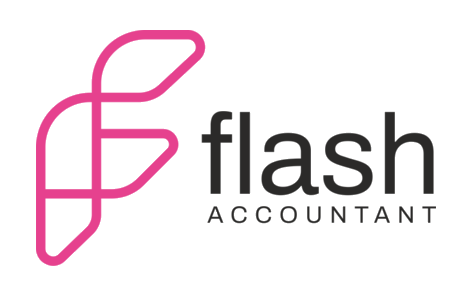
Introduction:
The rise of cryptocurrencies has introduced a new layer of complexity to the accounting field. In Singapore, as in many parts of the world, the accounting for cryptocurrencies involves navigating through a rapidly evolving landscape. This post delves into the accounting policies commonly practiced for cryptocurrencies, systems that facilitate the accounting process for digital assets, and the stance of the Inland Revenue Authority of Singapore (IRAS) on cryptocurrency taxation.
Accounting Policies for Cryptocurrencies:
Given the absence of specific cryptocurrency accounting standards in Singapore, businesses and accounting professionals often resort to principles that align with the broader financial reporting framework while considering the unique attributes of cryptocurrencies. A few examples include:
- Fair Value Measurement: Cryptocurrencies are frequently treated as intangible assets or financial instruments and are measured at fair value through profit or loss. This approach necessitates regular reassessment of their value to reflect market conditions accurately.
- Inventory for Crypto Miners: For entities engaged in mining cryptocurrencies, the mined digital currencies could be treated as inventory. Upon realization, such as through sale, the inventory is measured at the fair value minus costs to sell, recognizing any gain or loss in the income statement.
- Revenue Recognition: The sale of cryptocurrencies or the provision of services in exchange for cryptocurrencies requires careful consideration of revenue recognition criteria, ensuring that revenue is recognized in accordance with the delivery of goods or services.
Technological Aids for Cryptocurrency Accounting:
Several accounting software solutions have emerged to address the complexities of cryptocurrency transactions. These systems can automatically track and record transactions on the blockchain, calculate gains and losses, and generate reports compliant with tax and accounting standards. Examples include:
- Crypto-specific Accounting Platforms: Tools like CoinTracking, CryptoTrader.Tax, and ZenLedger offer specialized services for tracking cryptocurrency transactions, calculating taxable gains, and generating reports suitable for tax filings and financial analysis.
- Integration with Traditional Accounting Software: Some traditional accounting software providers have started to integrate cryptocurrency transaction capabilities into their platforms, allowing businesses to manage both fiat and digital currency transactions within a single system.
IRAS’s Stance on Cryptocurrency Taxation:
The Inland Revenue Authority of Singapore (IRAS) has provided guidance on the tax treatment of cryptocurrencies, clarifying several key points:
- Not Recognized as Legal Tender: IRAS does not recognize cryptocurrencies as legal tender or currency. However, transactions involving digital tokens are subject to tax when they resemble transactions that are taxable under existing laws.
- Income Tax: Businesses engaged in buying and selling cryptocurrencies are taxed on the profits derived from trading in digital currency as business income.
- GST Implications: Since January 1, 2020, the supply of digital payment tokens in exchange for goods or services is exempt from Goods and Services Tax (GST), aligning the treatment of digital payment tokens with that of traditional currencies.
Conclusion:
The accounting and taxation of cryptocurrencies in Singapore require a nuanced understanding of both the digital assets themselves and the regulatory environment. While the industry awaits more specific guidelines and standards, the use of specialized accounting software and adherence to IRAS’s guidance can help navigate the complexities of cryptocurrency transactions. For more detailed information, refer to the official IRAS guidelines on cryptocurrency taxation. As the landscape evolves, staying informed and adaptable will be key for businesses and accounting professionals dealing with cryptocurrencies.






0 Comments